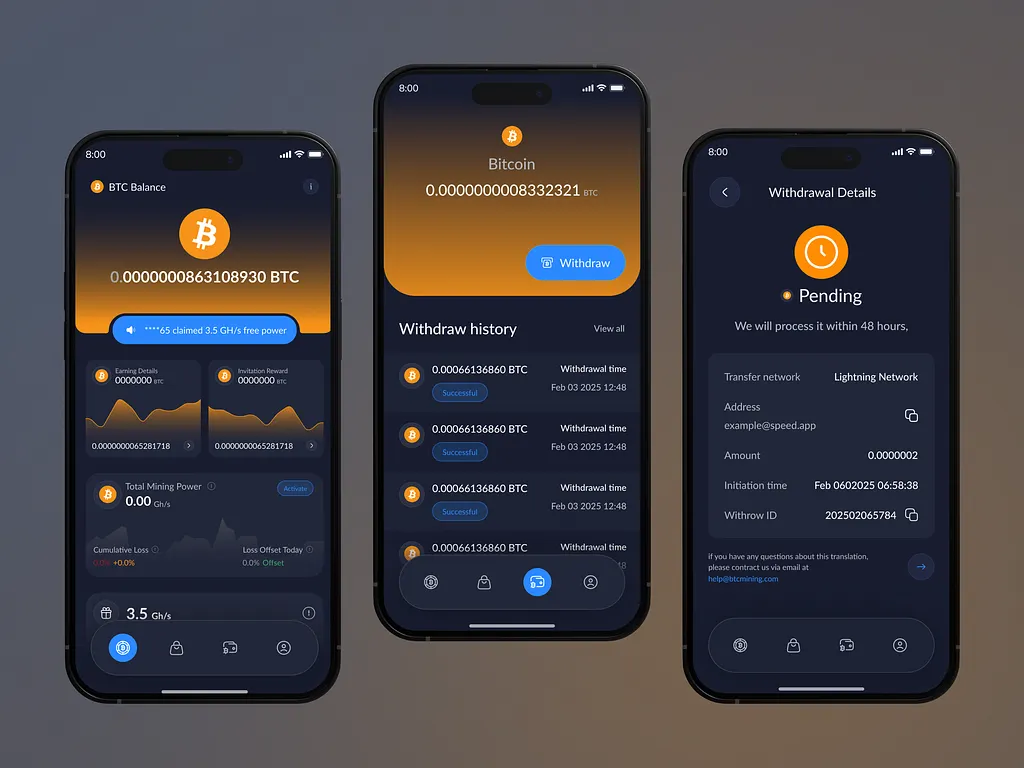“Code is law” sounds powerful, but in practice, it often means “victims be damned.” The insistence that no blockchain transaction can ever be altered ignores both technical reality and ethical responsibility. History proves immutability is a social consensus choice, not an unbreakable law. Ethereum reversed the DAO hack via a hard fork. Bitcoin Core (BTC) rolled back the chain in 2013 to fix an accidental fork. Miners always hold the latent power to modify a chain. The real question isn’t can we reverse transactions, but when should we? BSV answers: when justice demands it.
Justice-Centered Model
BSV champions responsible reversibility. Its governance model allows for surgical, court-supervised transaction reversals in clear cases of theft or fraud. This requires a Legal Due Process, A verified court order proving wrongdoing and Miner Consensus or Agreement from honest miners to enforce the order.b Finally, Transparency or On-chain recording of the action and its justification.
This isn’t “censorship”; it’s targeted accountability. It preserves the ledger’s overall integrity while correcting specific, egregious wrongs—mirroring how traditional legal systems rectify errors in property titles or bank records. It’s blockchain maturing beyond anarchic experiment into a trusted system.
Imagine Visa or JP Morgan adopting a payment system where stolen funds were irrecoverable. It’s unthinkable. For blockchain to power global commerce, it must offer equivalent—or superior—safeguards. BSV’s pragmatic approach to immutability provides the certainty enterprises demand. It enables supply chain platforms to reverse fraudulent shipments, insurers to recover stolen digital assets, and governments to combat ransomware—all while maintaining auditability and scale. This isn’t diluting blockchain; it’s elevating it to meet the world’s needs.


Leave a Reply